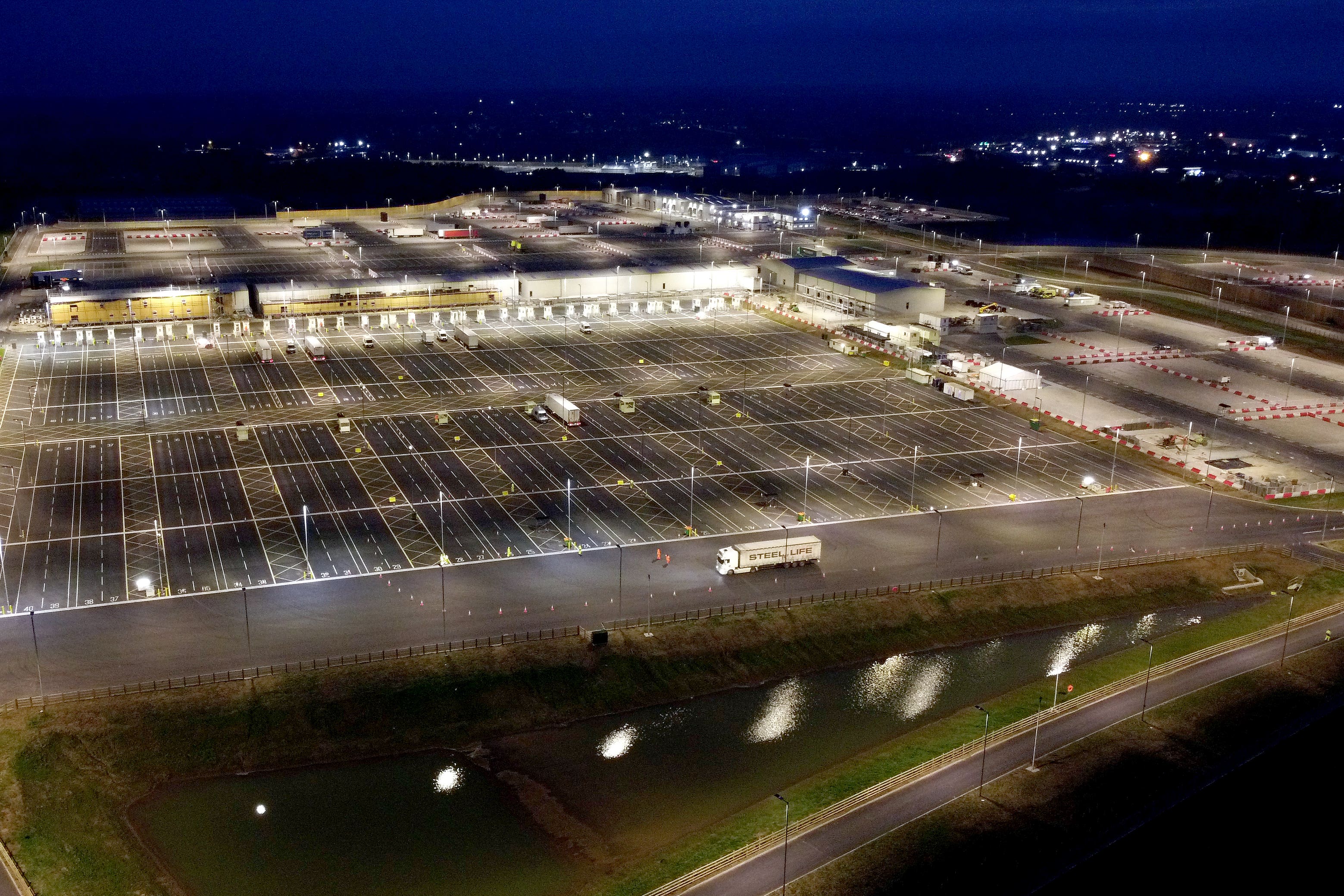New Brexit border regime could pose ‘serious biosecurity risks’
The long-delayed new rules, coming into force on Wednesday, are part of the UK Government’s introduction of a series of checks this year.

Your support helps us to tell the story
From reproductive rights to climate change to Big Tech, The Independent is on the ground when the story is developing. Whether it's investigating the financials of Elon Musk's pro-Trump PAC or producing our latest documentary, 'The A Word', which shines a light on the American women fighting for reproductive rights, we know how important it is to parse out the facts from the messaging.
At such a critical moment in US history, we need reporters on the ground. Your donation allows us to keep sending journalists to speak to both sides of the story.
The Independent is trusted by Americans across the entire political spectrum. And unlike many other quality news outlets, we choose not to lock Americans out of our reporting and analysis with paywalls. We believe quality journalism should be available to everyone, paid for by those who can afford it.
Your support makes all the difference.Concerns have been expressed before new post-Brexit rules come into force.
The long-delayed new rules, coming into force on Wednesday, are part of the UK Government’s introduction of a series of checks this year.
But fears have been expressed about disruption to supply chains, with MPs saying the new border regime could present “serious biosecurity risks” to the UK.
On the eve of the arrangements, the Environment, Food and Rural Affairs Committee wrote to Secretary of State Steve Barclay to express unease about some of the preparations the Government has made.
Goods from Britain have faced similar controls from the EU since it left the bloc’s single market at the start of 2021, but the UK has repeatedly put off checks in the other direction.
Writing to the Defra Secretary, committee chairman Sir Robert Goodwill said he was concerned over plans that would see departmental funding for spot checks on products of animal origin at Dover reduced by around 70%.
The Conservative MP said: “We remain concerned about the location of the physical checks that will be undertaken for commercial loads.”
Under the new post-Brexit system, dubbed the Border Target Operating Model, health checks on foods arriving at Dover will be carried out at a facility in Sevington, Kent, about 22 miles inland.
“Your Department informed us that Sevington will provide a modern and purpose-built site for goods and live animals that arrive through both the Port of Dover and Eurotunnel,” Sir Robert wrote.
“Defra’s justification appears to be that it is located to support the smooth flow of goods out of both points of entry without disrupting traffic flows out of the Port of Dover.
“However, the inland border facility at Sevington will require vehicles to travel 22 miles unsupervised across Kent, presenting potentially serious biosecurity risks, but also compromising compliance.
“We understand that drivers will be under no obligation to go to Sevington, if asked to do so. As such, we have real and reasonable concerns about the geographic dislocation of the inland border facility from the point of entry.”
The Dover Port Authority has already been among those expressing concern about the plan, as well as the prospect of funding cuts.
A government spokesperson said: “We have strict border controls in place to protect food and animal health safety and these, along with our high biosecurity standards, remain unchanged.
“Following careful consideration of the options for border control posts in Kent, we announced our intention to consolidate physical controls at the inland border facility at Sevington.
“We are confident that Sevington will have the necessary measures in place to appropriately mitigate biosecurity risks that relate to this facility being located away from the point of entry.”
Rules are set to be updated further in the months to come.
By April 30, medium-risk animal products from the EU will undergo documentary, identity and physical checks.
From October 31, safety and security declarations for EU imports will become mandatory, along with a more streamlined dataset for imports.
European countries are likely to be watching the rollout and impact of the new regime closely.
Ireland’s deputy premier Micheal Martin this week said Irish officials have been in touch with exporters and Ireland should be “well prepared”, but urged agri-food businesses in particular to ensure they are ready for the new rules.